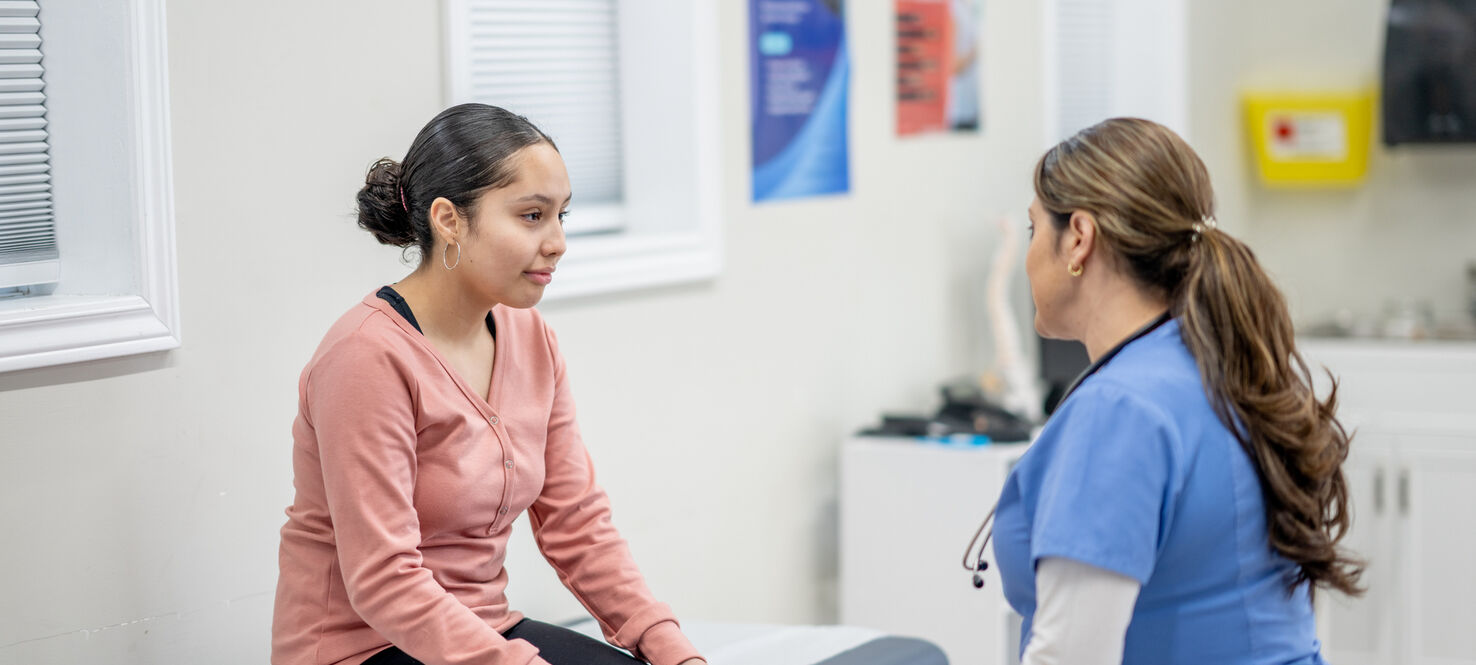Colorectal Cancer on the Rise in Children, Study Shows
There is no shortage of studies that have shown that colorectal cancer cases are on the rise in younger adults. New data is showing that cases are also rising in children.
A new analysis of data from the Centers for Disease Control and Prevention found dramatic increases in colorectal cancers in children between 1999 and 2020. Researchers found that the rate of colorectal cancers grew 500% in kids ages 10 to 14 during that time, 333% in teens ages 15 to 19 and 185% in young adults ages 20 to 24. The data was presented at the annual Digestive Disease Week conference.
While the rates of increase are high, overall numbers of these cases remain low. In 2020, just 0.6 children ages 10 to 14 per 100,000 kids were diagnosed with colorectal cancer, compared to 0.1 per 100,000 in 1999. In teens, the number increased from 0.3 to 1.3 per 100,000, and in young adults, cases increased from 0.7 to two per 100,000.

Tiago Biachi, MD, PhD
“These findings are definitely alarming to our society,” said Tiago Biachi, MD, PhD, an oncologist in the Gastrointestinal Oncology Department at Moffitt Cancer Center. “Obviously, this is not a reason to start screening children with colonoscopy but to discuss what is behind this phenomenon. It is well known that the process to develop a ‘non-inherited’ colorectal cancer takes time and the usual interval between a polyp and cancer is five to 10 years. That means that these children developing colorectal cancer were likely exposed to risk factors since their very young age.”
While an exact cause isn’t known, lifestyle factors may play a role, including obesity, eating diets high in processed foods, living a sedentary lifestyle and taking antibiotics that change a child's gut microbiome. Biachi believes it’s never too early to discuss a balanced diet and encourage physical activity as the only way to keep children healthy and prevent colorectal cancer at young age.
What symptoms should parents watch for?
Symptoms common in adults with colon cancer like persistent abdominal pain or cramping, change in bowel habits, constipation or diarrhea and rectal bleeding can also occur at young age, according to Biachi. Children can present with more non-specific symptoms like failure to thrive, when their weight or height or rate of weight/height gain are significantly below that of other children of similar age and sex.
“Persistent symptoms for more than one to two weeks as well as a child not gaining weight properly have to be addressed,” Biachi said. “Persistent symptoms like abdominal pain and rectal bleeding can be caused by other conditions like inflammatory bowel disease and would require additional tests, too.”
Current colorectal cancer guidelines recommend screening colonoscopy at 45 for asymptomatic people. Any persistent symptom should be addressed regardless the age and, if needed, colonoscopy or other exams must be performed even before 45.



